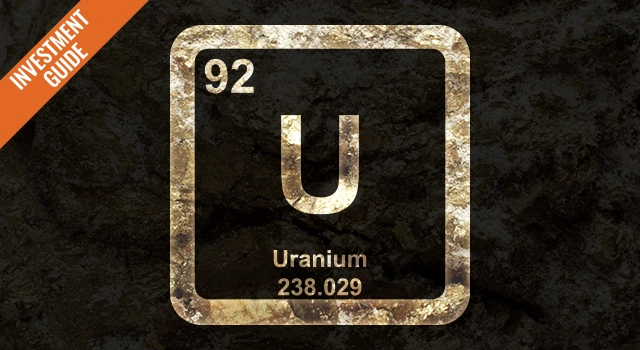- ASX News LIVE | ASX Falls as Bond Yields Jump; Gold and Oil Spike on Israeli Strikes in Iran
The ASX 200 is on track for its seventh day of losses in eight sessions as bond yields climb on strong US jobs data. Meanwhile, copper prices hit a 22-month high.

Investment ideas from the Edge of the Bell Curve to your inbox
Enter your email address in the box below and you’ll get Fat Tail Daily every day…absolutely free.
Investment ideas from the Edge of the Bell Curve to your inbox

Investment ideas from the Edge of the Bell Curve to your inbox
Enter your email address in the box below and you’ll get Fat Tail Daily every day…absolutely free.





